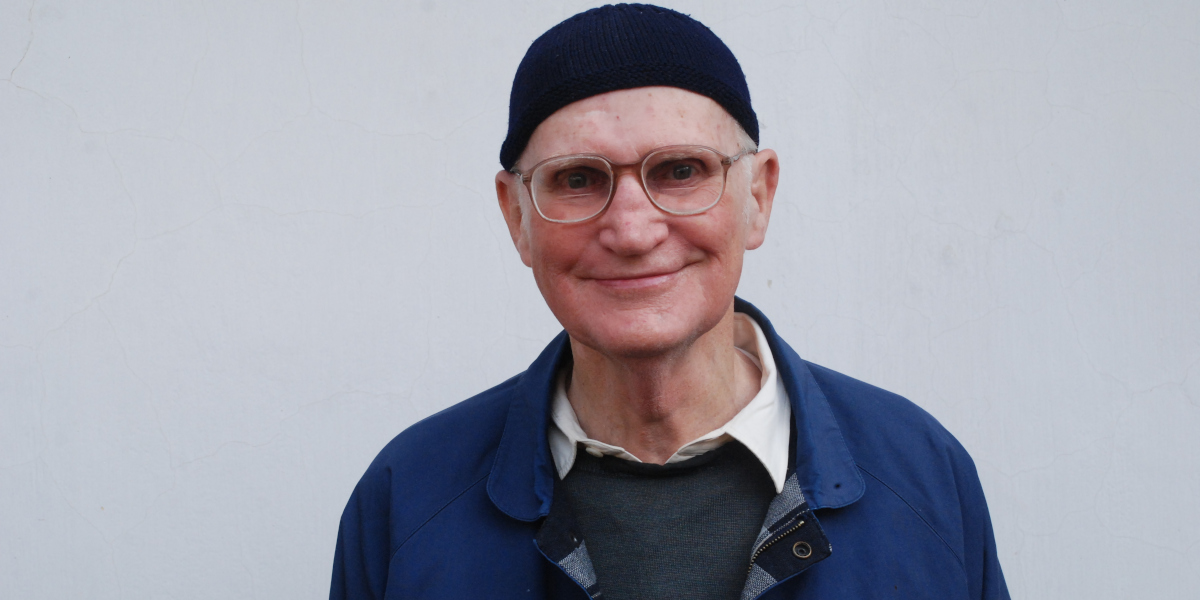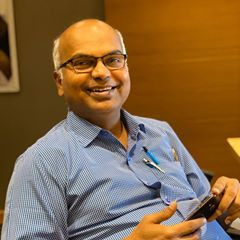
Fr Paul Jackson SJ was an Australian missionary to Hazaribag and applied to Patna Province. He died in Patna, India, on 5 July 2020. Fr Jackson was a renowned Islamic scholar and a beloved friend to many who are engaged in Muslim-Christian dialogue. On 25 July, members of Jesuits Among Muslims in Asia from the Conferences of Asia Pacific and South Asia gathered online for a spiritual conversation on the memory of Fr Jackson. Fr Joseph Victor Edwin SJ from Delhi Province wrote the following reflection on the life of Fr Jackson.
Jesuit Fr Paul Frederick Joseph Jackson, a well-known scholar of Sufism, passed away in Kurji Holy Family Hospital, Patna, on 5 July, where he had been confined for over three weeks. Fr Jackson had turned four scores and three years on 6 June, a few days before he had a fall in his room that led to his hospitalisation.
Fr Jackson served as President of the Islamic Studies Association (ISA) and the editor of Salaam for several years. On hearing of Fr Jackson’s passing, Prof Akhtarul Wasey, former Head of the Department of Islamic Studies at New Delhi’s Jamia Millia Islamia (who knew Fr Jackson well), expressed his feeling with an Islamic expression: “Inna lillahe wa inna ilayhi raji’un” (“Verily we belong to God, and verily to Him do we return”), a phrase that is mentioned in the Qur’an (Q. 2:156). Later, in his column in a widely-circulated Urdu language daily newspaper, which Muslims read in large numbers, Prof Wasey described Fr Jackson as a “Catholic Sufi”.
Young Paul Jackson entered the Society of Jesus in Melbourne, Australia in 1956 and travelled to India in 1960. After studies in Theology (1965-69), he was ordained a priest and was missioned to teach in Jesuit high schools. As a Jesuit priest, Fr Jackson discerned his personal vocation while listening to a lecture of Fr Joseph Putz SJ at St Xavier’s College. Fr Jackson wrote later:
It was there that I heard Fr Putz, a theological expert at Vatican II, say that Pope John XXIII had said that the Church, after the Council of Trent, was like a fortress on a hilltop defending itself. He said the Church should open all its doors and windows and reach out to all groups of people. I reflected that no one in Hazaribag was reaching out to Muslims as such and said to myself: “Let me try to do something.”
Father Jackson resolved to do something for Muslims in the course of the months that followed. Recognizing one’s personal vocation is not discovering what one wants to do, but discovering the very essence of one’s being, what is unique and unrepeatable about oneself. Fr Jackson recognized “doing something for Muslims” as his personal vocation.
Following his dream, Fr Jackson moved to Delhi to study History at the Jamia Millia Islamia. While he was a student there, he happened to attend an international conference on the Sufi saint Baba Farid. He concluded in his heart that Sufis bring people together and thus he would study a Sufi as a way of entering into the lives of the Muslims of Bihar. He studied Persian in Shiraz (1974-75) and wrote a thesis on the Sufi saint Sharafuddin Maneri, for which the Patna University awarded him with a PhD (1976-80). Over the years, Fr Jackson translated and commented upon the spiritual letters of Sharafuddin Maneri.
Fr Jackson’s patience and perseverance were iconic, as can be discerned from these words of his:
For 33 years, five days a week, initially for about eight hours a day, and subsequently for about two hours a day, any of the mainly Muslim readers in the reading room of the [Khuda Baksh] library would see me seated with a Persian manuscript on a stand, with a copy of Steingass’s Persian-English dictionary propped up beside it, and a notebook on the table in front of me in which to write my translation. They could not miss me, as I was normally the only foreigner sitting in the reading room.
For a dozen years or so, they would have seen Askari Saheb seated beside me, and would have noticed that we occasionally spoke to each other. Curiosity made them want to find out who I was, and what I was doing, but politeness dictated that they enquire from someone else and not disturb me…As long as Askari Saheb was still alive we had an almost daily interaction. I treasured these moments. A deep bond of respect and affection grew up between us. Many knew that he was my guide and friend, and were happy to see this relationship.
Prof Akhtarul Wasey calling Fr Jackson a “Catholic Sufi” is very significant. Readers familiar with Islamic mysticism know that a Sufi is a Muslim mystic whose goal in life is to attain the union of love with God. A person who is purified by the Beloved is a Sufi. A Sufi is one who is completely absorbed in the Divine Beloved. Prof Wasey affirms Jackson’s deep prayer life by calling him a “Catholic Sufi”.
Jesuit Fr Christian W Troll, a long-time colleague and friend of Fr Jackson and a fellow scholar in Islamic Studies confirms Fr Jackson’s unwavering faith. Fr Troll writes in his eulogy of Fr Jackson:
The Qur’an names such faith yaqīn (certainty), and its fruit ițminān (inner peace and stability). I remember Professor Hasan Askari, your revered friend and guide, telling me, when we spoke one day in Patna about you, how much he was impressed by your strength of faith. This quality of faith was also the fruit of your regular practice of liturgical and personal prayer and meditation. No one meeting you could remain unimpressed by the depth of your prayer life. No surprise that in your writings about Sharafuddin Maneri and the Sufis in general, the depth of the prayer life of so many Muslims finds regular mention.
Is it possible to be both Christian and Sufi? Fr Paul Jackson was a beautiful model as a Christian Sufi. One might remember that the Jesuit theologian Karl Rahner (d. 1984) famously said that the Christian of the future “will be a mystic or will not exist”.
What a life! What a legacy! Fr Paul Jackson continues to inspire both Christians and Muslims to carry forward the work of Christian-Muslim dialogue in South Asia and beyond.
 Fr Joseph Victor Edwin SJ teaches theology and Christian-Muslim Relations at Vidyajyoti College of Theology, Delhi. He serves the Islamic Studies Association (ISA) as secretary and edits “Salaam” the journal of ISA.
Fr Joseph Victor Edwin SJ teaches theology and Christian-Muslim Relations at Vidyajyoti College of Theology, Delhi. He serves the Islamic Studies Association (ISA) as secretary and edits “Salaam” the journal of ISA.

